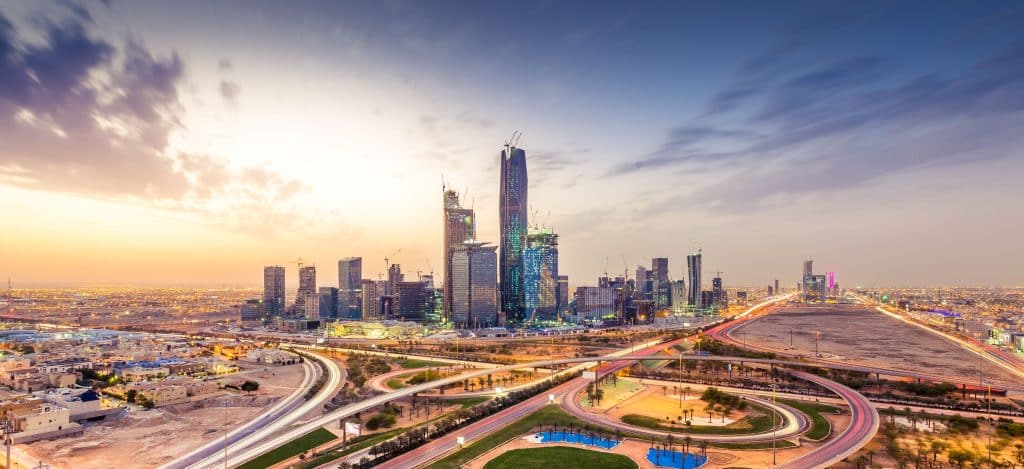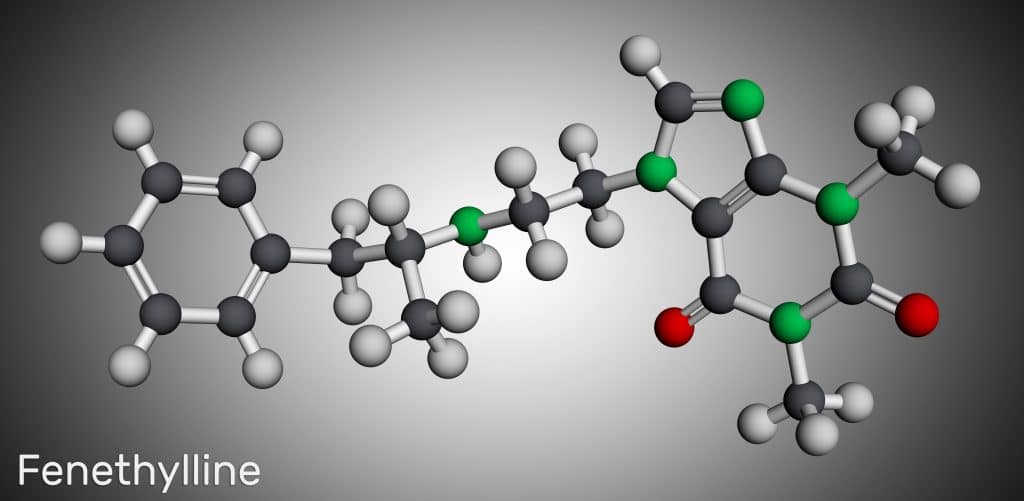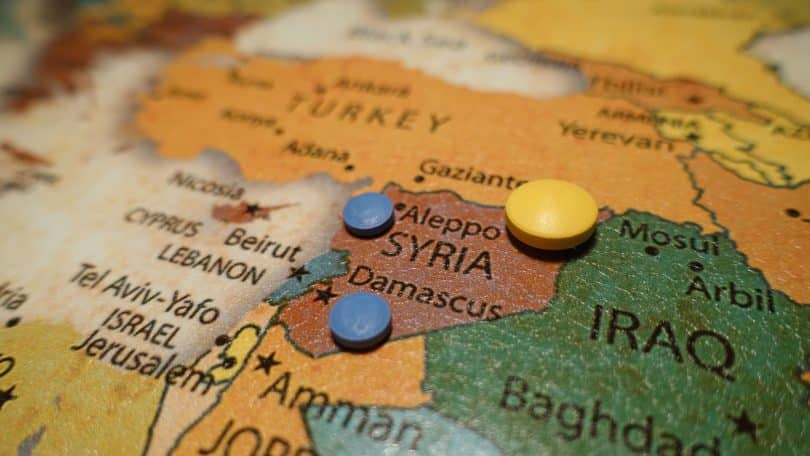The Mid-East countries might be outwardly against drugs, but that doesn’t mean their people aren’t using, or involved in the trade. From published research showing the growing trend of hash among youth in Saudi Arabia, to Syria and its new position as a Captagon narco state, it kind of seems like the Mid-East, is right in the middle of it all.
What’s a ‘narco state’?
We hear the term ‘narco state’ a lot, particularly when talking about the international drug trade. For those who don’t follow the news, the word ‘narco’ is still pretty out there, what with the array of television shows portraying the lives of famous illicit drug entrepreneurs. But what exactly does it mean? According to collinsdictionary, it’s pretty simply:
“A country in which the illegal trade in narcotic drugs forms a substantial part of the economy.” That certainly paints a picture, but more in depth definitions explain the concept even better. Oxford reference explains it further, saying,
“A nation state whose government, judiciary, and military have been effectively infiltrated by drug cartels, or where the illegal drug trade is covertly run by elements of the government. It can also refer to a region under the control of organized crime for the purposes of producing or trafficking drugs where legitimate political authority is absent.”
Hey, great to have you with us. Check out the Cannadelics Weekly Newsletter for direct updates, and to be first in line for promotions on cannabis flowers, vapes, edibles, smoking equipment, cannabinoid compounds, and so much more. We’ve got it, come on over and get it!
It then goes on to explain that the term “‘Narco state’ is more a journalistic phrase than an entity under international law. It has been used to describe Colombia, Guinea-Bissau, Suriname, and Mexico at various times….”
Basically, a narco state refers to a situation whereby those who control the drug trade, also hold a substantial power in governance. This generally undermines the political parties and/or laws of a country, often making such entities look rather powerless in comparison (though they’re often involved). Take Mexico, for example. It’s one of the most well-known examples of a country which is essentially run by its criminal organizations, and where very few people expect the government to do much about it.
A country dubbed a ‘narco state’ can go from being a narco state to a non-narco state if the structure that allows the criminal organizations their power, is fundamentally changed. Likewise, a country not known by this term, can easily become associated with it, if for some reason its drug trade is suddenly elevated. Such is the current case with Syria, as the drug Captagon propels it to narco state status.
What’s Captagon?
A country can become a narco state based on the trade of different drugs. Some of the drugs most responsible for incurring large drug trades, include heroine (opium), cocaine (coca), and cannabis. But there are plenty more drugs that rise and fall in popularity, and right now, the Mid-East is home to one of the burgeoning drugs to create a narco state – Captagon.
Captagon – or fenethylline – is a codrug and prodrug of amphetamine, meaning it works well with amphetamine, and breaks down into it within the body. It also goes by the spellings phenethylline and fenetylline, and by the names: amphetaminoethyltheophylline and amfetyline. Its been marketed under the names Captagon, Biocapton, and Fitton, as a psychostimulant. And as of now, it comes with no identifiable death toll. At all.
Psychostimulant is a nonspecific word that goes hand in hand with the word ‘uppers’. It applies to drugs that increase activity in the central nervous system, and bring on positive feelings like euphoria. The category includes everything from cocaine, to methamphetamine, to caffeine, to Captagon.
Captagon was first synthesized in 1961 by German chemicals company Degussa AG. For many years it was used as an alternative to amphetamine as it provides a milder response. One of its benefits over amphetamine, is not causing quite as extreme an increase in cardiovascular function. Even as it proved safer than amphetamine, and enjoyed use as a medication for narcolepsy, ADHD, and depression; the US illegalized it, putting in Schedule I of the Controlled Substances list in 1981.
This was followed up in 1986 by the World Health Organization adding it to the Convention on Psychotropic Substances, essentially leading to its illegalization in much of the world. And this while amphetamine remained legal, with Schedule II designation in the US. Though the drug certainly exists in many places, it’s found most in the countries of the Middle East. Like most any illicit drug industry, this also means the trafficking and sale of counterfeit Captagon.
As is stands now, Saudi Arabia is one of the biggest Captagon consumers, and the majority of the drug gets trafficked in through Syria. The industry has grown so exponentially in the country, that Syria has become a Captagon narco state.

Syria and Captagon
Syria – the Syrian Arab Republic – sits in Western Asia. To its west are the Mediterranean, Turkey, Lebanon, and Israel; to its south is Jordon; to its south and east is Iraq; and to its north is also Turkey. Arabs are the largest ethic group in the country, but are joined by Kurds, Turkmens, Assyrians, Armenians, Circassians, Albanians, and Greeks. The most common religion is Muslim, but there are also plenty of Christians, Alawites, Druze, and Yazidis.
Since March of 2011, there’s been civil war in Syria, mostly because of the leadership of Bashar al-Assad, who took over in 2000, upon the death of his father Hafez al-Assad. The current leadership has been roundly associated with human rights abuses like executions of political prisoners, and wide-ranging censorship. Assad’s rule is challenged by political groups like Syrian Interim Government, Syrian Salvation Government, and Rojava. This civil war has claimed the lives of over a half million people, and led to a refugee crisis involving upwards of seven million displaced residents, and around five million refugees.
All of this is important because it shows the instability of the leadership of the country. Captagon at one point was associated with Islamic State fighters (part of the a militant Islamist group that promotes the Salafi jihadist branch of Sunni Islam), which makes it less surprising that its manufacture and use has spread so far. In fact, this illegal $10 billion/year industry is directly tied to al-Assad…as well as his enemies. According to international French news agency Agence France-Presse (AFP), Captagon exports dwarf all legal exports out of the country.
Now, to be clear, there are no hard numbers for an illegal drug industry, or at least none that get reported. The size of an illegal industry is approximated through drug busts and seizures. Which realistically means that a country that puts more effort into rooting out drugs and making seizures, could look to have a bigger industry than a country with more drugs, but less push to catch them. It’s said that Syria is the biggest producer and Saudi Arabia the biggest importer, but these assumptions are only based on who has been caught.
In the case of Captagon, its approximated that pills average at about $5. A real Captagon pill costs approximately $25 on the high end, while a knockoff can be as low as $1. In 2021, 460 million pills were taken in seizures, which leads to the total estimate of 2.3 billion pills produced, if 80-90% of trades go through. And this accounts for about $10+ billion in revenue. It’s expected that for every shipment which gets intercepted, that nine others likely make it alright. In reality, the $10 billion estimated from 2021, is probably a low number.
Whether Syria really is the biggest narco state, is arguable at best. Though it makes for killer headlines, its hard to imagine Syria outdoing a country like Mexico. Even so, the real meat of the story, is simply that the growing popularity of Captagon, has led Syria to join the list of countries considered narco states.
Further details of Syria and its relationship with Captagon
Captagon has its place in Syria as a party drug, but its cheapness, and ability for discretion make it a popular choice over the more socially unacceptable alcohol. As the kind of stimulant associated with pulling an all-nighter in school, and for helping soldiers fight longer, its not shocking its used by workers who want to get more work done. There are even stories of bosses spiking their worker’s drinks with the pills, in order to get more work out of them.
France24 spoke with several illegal operators out of Syria, and though most required anonymity, they were able to shed some light on the situation. Said one fixer and trafficker, a big shipment is usually organized by five or six different entities in order to cover the cost of the raw materials, transporting, and necessary bribes; all of which can total around $10 million.

He explained, “The cost is low and the profits high,” and that getting intercepted sometimes isn’t the worst thing because even just one shipment out of ten making it, means enough profit for all involved. In terms of who these people are, he explained “There’s a group of more than 50 barons… They are one big web, Syrians, Lebanese and Saudis.”
Though the Syrian government plays some role (or at least takes money from it), much of the trade happens through Bedouin confederation Bani Khaled, which can often support the entire process of production in Syria, through delivery in a country like Saudi Arabia. This means less hand offs between different organizations, and an easier ability to maintain control. As the network reaches to Jordan, Iraq and Saudi Arabia, from Syria and Lebanon, this gives a large area to work within with one entity overseeing it.
Syria is currently the biggest producer of Captagon, manufacturing approximately 80% of the circulating Captagon globally. This is according to security services, that go on to say that the Captagon trade is worth three times the entire Syrian national budget. Assad-controlled areas are some of the biggest hotspots for this trade, though Assad’s brother Maher al-Assad plays a role as well, and is said to be one of the biggest winners in the Captagon game. It’s reported that many labs get “the raw material directly from the 4th Division, sometimes in military bags,” of which Maher is the de facto head.
The trade has done well to build up groups like Hezbollah, which is said to play a part in patrolling the Lebanese border to ensure safe trafficking. Said an ex-Syrian government adviser who remains anonymous, “Syria is in dire need of foreign currency, and this industry is capable of filling the treasury through a shadow economy from importing raw materials to manufacturing and finally exporting.”
The trade is big enough that many other organizations, including rebel groups, are in on it, particularly in the south of Syria. Sweida and Daraa, two provinces along the border with Jordan, have smuggling routes to Saudi Arabia. Abu Timur, a spokesman for the armed group Al-Karama, explained,
“The smuggling is organized by the tribes who live in the desert in coordination with over 100 small armed gangs,” and that “Captagon brought together all the warring parties of the conflict… The government, the opposition, the Kurds and ISIS.”
Syria might be the new Captagon narco state, but the drug isn’t killing anyone. If you look up ‘Captagon deaths,’ nothing comes up; which greatly begs the question why this matters. Why would anyone go this far to care about something not causing a problem? The only real assumption, is money. The situation has now gone so far, that this no death-toll drug, is reason for a shoot-to-kill policy in Jordan, concerning traffickers of Captagon out of Syria. Meaning a drug that doesn’t kill anyone (much like cannabis), is now the reason for many deaths.
Conclusion
While its always nice to see different sides come together, perhaps the pursuance of a drug trade isn’t the best reason. However, low-grade knock-offs aside, Captagon isn’t the most intense drug, and far better than other options like opioids, which cause many deaths.
If you had the choice, you’d probably prefer your kid took a couple Captagon pills, over ever popping a fentanyl; but today’s reality is that you can get shot and killed over a drug, that doesn’t actually kill anyone.
You’re pretty cool – thanks for being a part of this! Welcome to Cannadelics.com; where we work hard to get you the best in cannabis and psychedelics reporting, everyday. Stop by whenever possible to stay aware of industry changes, and subscribe to the Cannadelics Weekly Newsletter, so you’re always up on the latest news.







